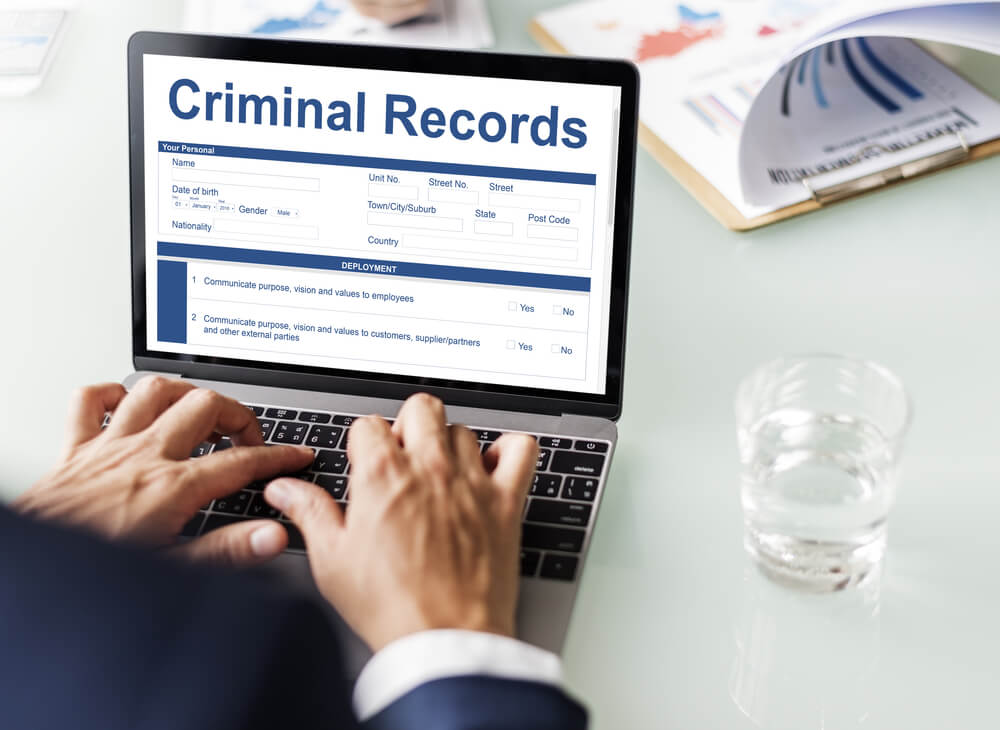New Jersey's Criminal Defense Blog
A criminal record can be a barrier between you and the future you hoped for. In addition to the damage a conviction can have on your reputation, you may also face restrictions on where you can live and work, lose certain rights, and more. If you were convicted…
Police conduct an illegal search in New Jersey when they search a person’s car, home, or body without first obtaining their consent or securing a search warrant. Illegal searches can happen in a variety of situations, but one of the most common is when an officer stops someone…
Entrapment happens when someone working in a law enforcement capacity uses threats, harassment, or fraud to coerce another person into committing an offense. If the defendant would not otherwise have committed the crime, they can use entrapment as a legal defense to criminal charges. Because proving entrapment can…
New Jersey has two ways of limiting who has access to criminal records: expungement and sealing. Expungement completely removes a conviction or arrest from an individual’s record. However, sealing a record simply makes it invisible to the general public while still allowing some organizations access. A criminal record can…
If you are facing criminal charges in New Jersey, you probably have questions about the legal process and its effect on your defense. At the Law Office of Jason A. Volet, we want to help you understand the system you’re facing. You should know how the statute of…
As a New Jersey resident, understanding your legal rights is essential for protecting yourself if you face criminal charges. Your rights regarding search and seizure law are particularly crucial. The Law Office of Jason A. Volet understands the challenges people face when they believe law enforcement officers may…
New Jersey issues probationary driver’s licenses to new drivers who are at least 17 years old. These licenses are subject to certain rules and limitations. Drivers 18 and older can upgrade to a regular driver’s license after 12 months of unsupervised driving. How Do You Obtain…
A waiver of extradition is when someone waives their right to an extradition hearing or similar procedures. They agree to be returned to the requesting state or country without going through the usual extradition process to fight it. What Is Extradition? Extradition is the formal process of one…
The main differences between aggravated and simple assault in New Jersey are the severity of the injury caused by the offense and the degree of charges. Simple assault is a more minor crime charged as a disorderly person’s offense. Aggravated assault is serious and charged as an indictable…
What is the Age of Consent in New Jersey? The age of consent in New Jersey is 16. That means anyone under 16 cannot legally consent to sexual activity of any kind. Although someone under the age of consent might agree to a sexual act, by definition, they…









